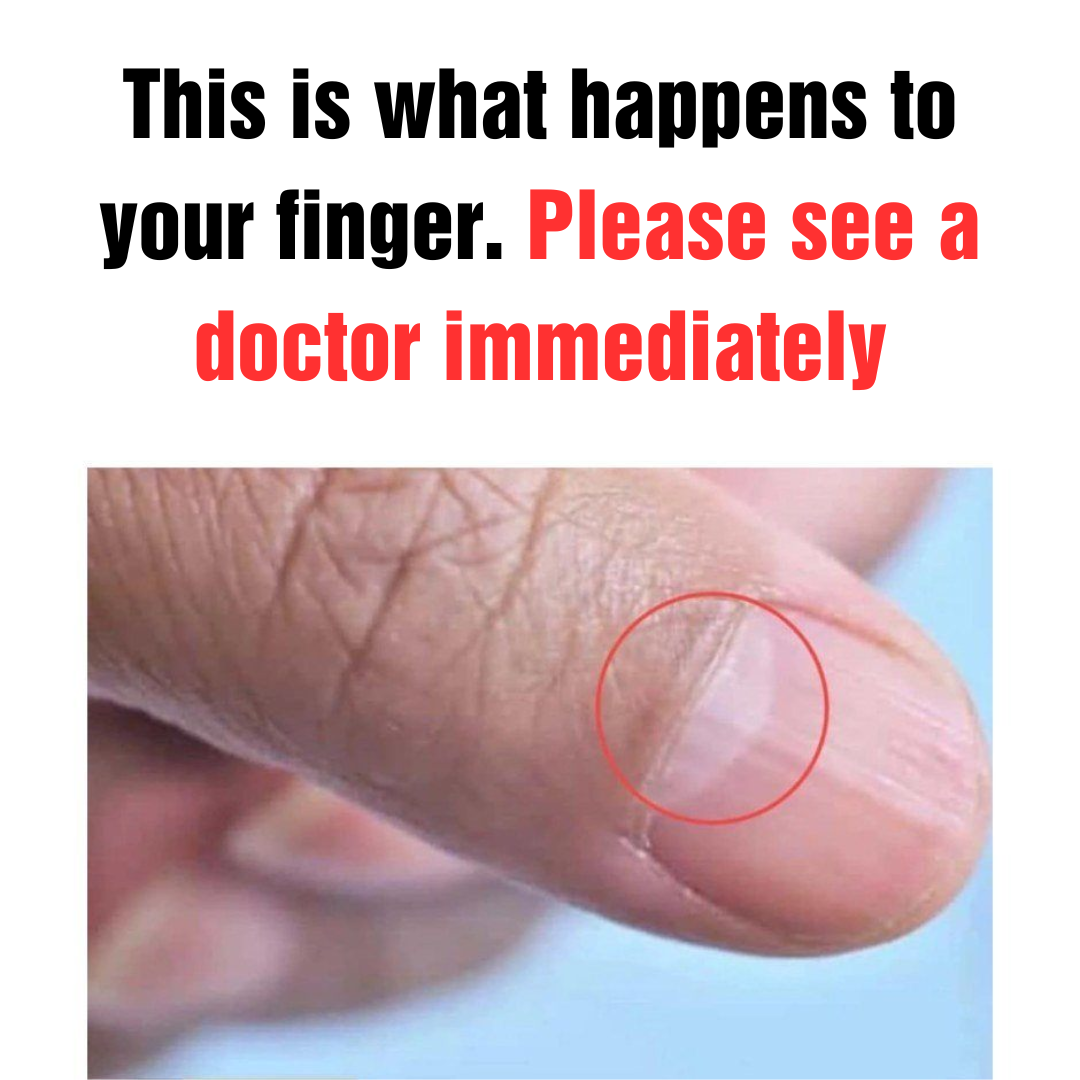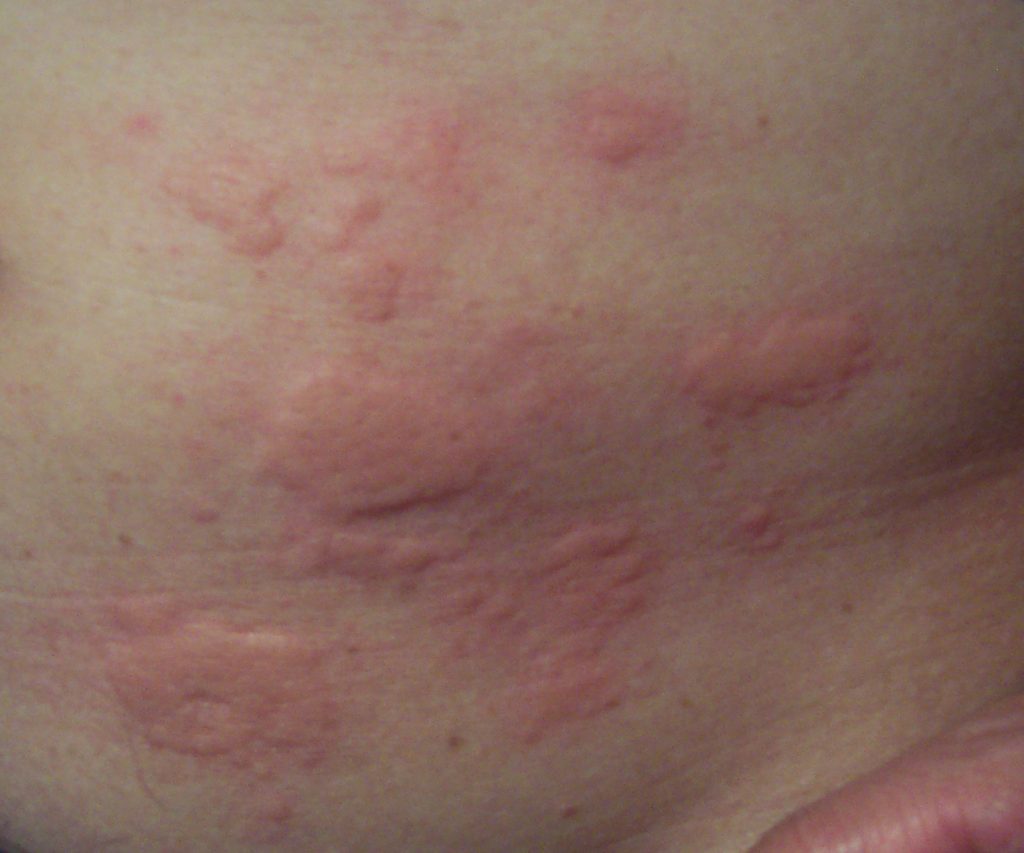You have to pay attention

If You Spot These Red Dots On Your Skin, You Had Better Know What They Mean
Though I like to be conscious of what’s happening with my body and ready to contact a doctor should I find anything that seems to point to an unexplainable shift, call me excessively cautious or obsessive.
You can just image how startled I was to see one morning that my shoulder was covered in red spots. As is so often the case these days, I turned right away to the internet to see what type of answer I might find.
Red dots on the skin also occur somewhat often. Actually, there are multiple reasons for this; hence, I thought it would be helpful to post them here for anyone maybe facing the same problem.
Red dots on the skin can have a vast spectrum of sizes, forms, and hues, and their connotations are also somewhat varied. While some have totally benign reasons, others could have more harmful ones.
Petechiae and Purpura
Capillaries or broken blood vessels are the causes of tiny red spots that appear on the skin. Coughing, stress, and some drugs are among the causes. Although they usually don’t do any harm, they could be a sign of underlying medical issues, including platelet abnormalities.
Cherry Angiomas

Source: Wikimedia Commons
An overabundance of blood vessels is what causes these tiny, elevated, crimson pimples to appear. In general, cherry angiomas are absolutely benign and tend to become more prevalent with age.
Heat Rash

Source: Wikimedia Commons
basic and, depending on the situation, somewhat common. Sweat that gets lodged in sweat ducts causes the “rash,” which appears as a pattern of red, itchy dots on the skin.
Allergic Reactions
It should be obvious. a food, drug, chemical, or insect sting or bite-related allergic reaction that results in skin redness and an itchy rash.
Folliculitis
an infection, usually fungal or bacterial, that causes inflammation in the hair follicles. Red, pus-filled spots that may be uncomfortable are the end outcome.
Cellulitis
a bacterial skin infection accompanied by skin swelling and redness that is heated to the touch. Antibiotic therapy is frequently necessary for the treatment of cellulitis.

